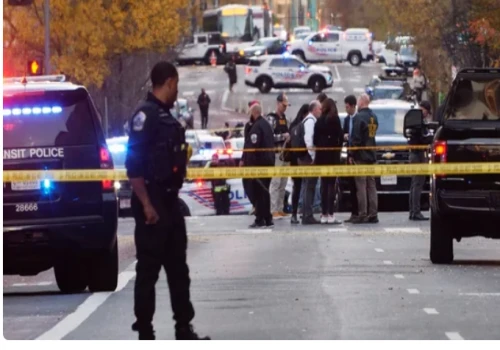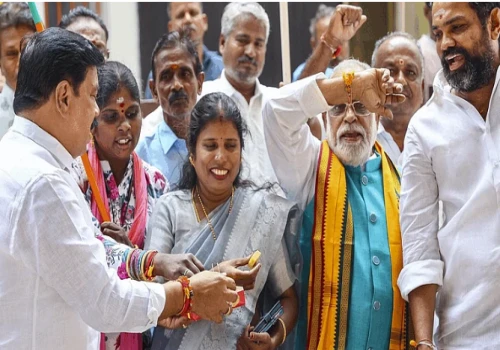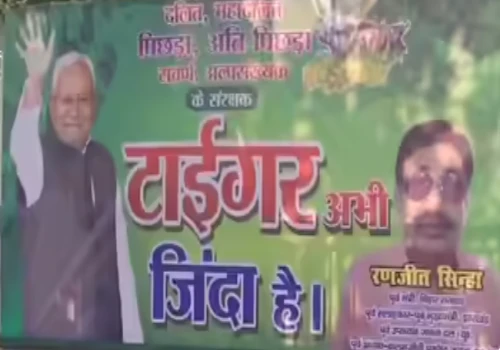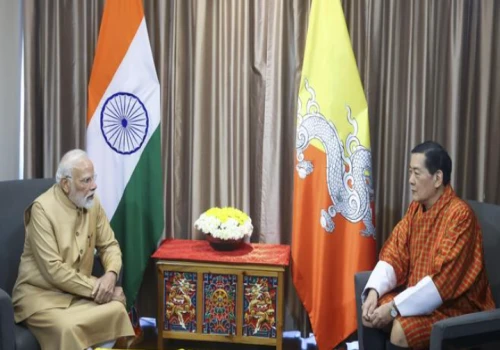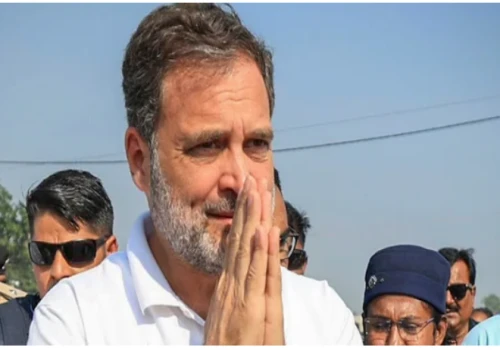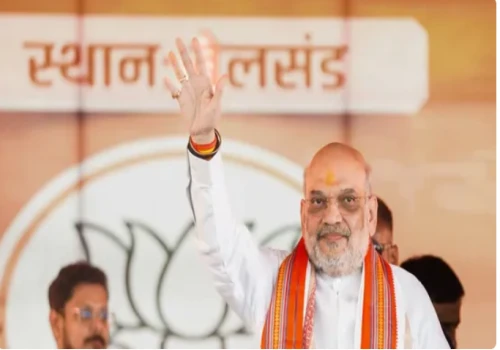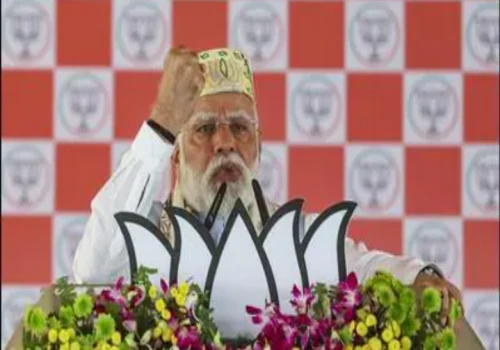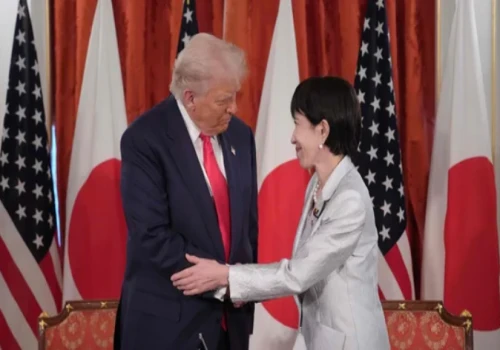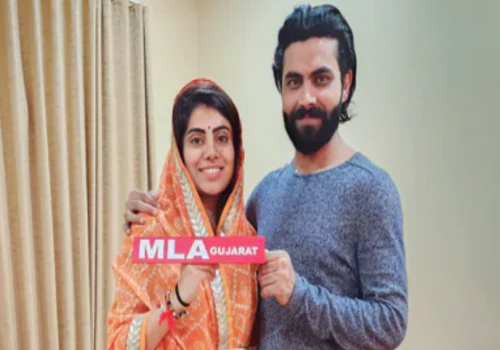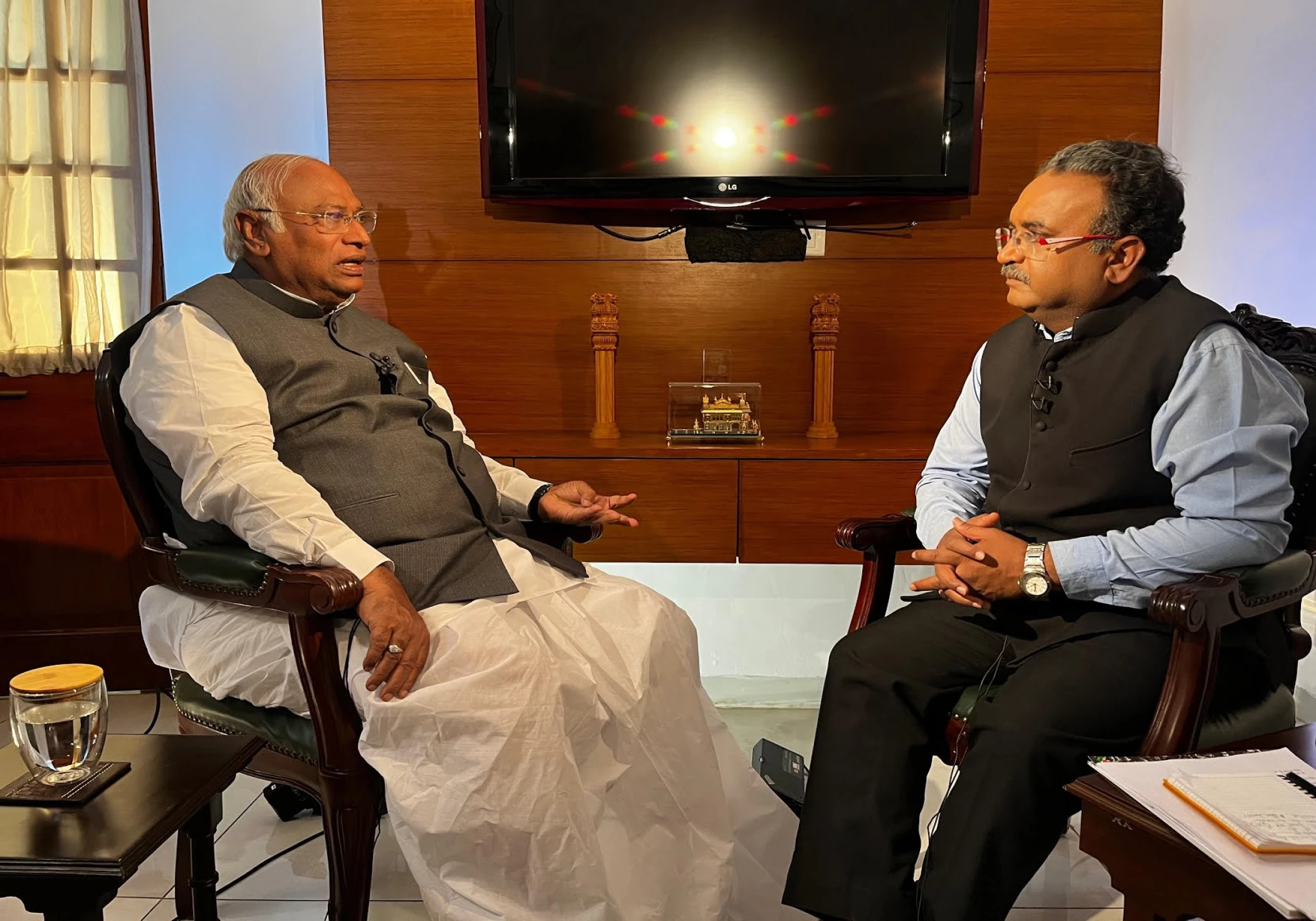
In a recent development, senior Congress leader Mallikarjun Kharge raised concerns over the defection of aides close to Rahul Gandhi to the Bharatiya Janata Party (BJP). Kharge's remarks come amidst a backdrop of political realignments and shifts, particularly in light of the upcoming elections.
Kharge, known for his astute observations in Indian politics, questioned the motives behind these defections. He emphasized the significance of understanding the dynamics that lead individuals to switch political allegiances, especially from a prominent party like the Congress to the ruling BJP.
The move of key aides from the Congress to the BJP has sparked debates and discussions within political circles. It has also raised questions about the ideological positioning of these individuals and the underlying factors influencing their decisions.
Critics argue that such defections could be driven by opportunism or personal gain rather than ideological conviction or commitment to public service. They point out that in a democratic setup, political parties should prioritize principles and policies over short-term gains or personal ambitions.
On the other hand, supporters of these defections argue that they reflect a broader trend of political evolution and individual choice. They contend that individuals have the right to align with parties that they believe best represent their interests and aspirations.
The shifting landscape of Indian politics, marked by alliances, coalitions, and realignments, underscores the complex interplay of factors that shape political decisions. It also highlights the need for parties to engage in meaningful dialogue, address grievances, and uphold democratic values to strengthen the political fabric of the nation.
As discussions continue regarding the implications of these defections, observers and analysts closely monitor the evolving political scenario, which is likely to have far-reaching consequences in the run-up to elections and beyond. The coming days are expected to shed more light on the repercussions of such political maneuvers and their impact on the broader political landscape of India.



